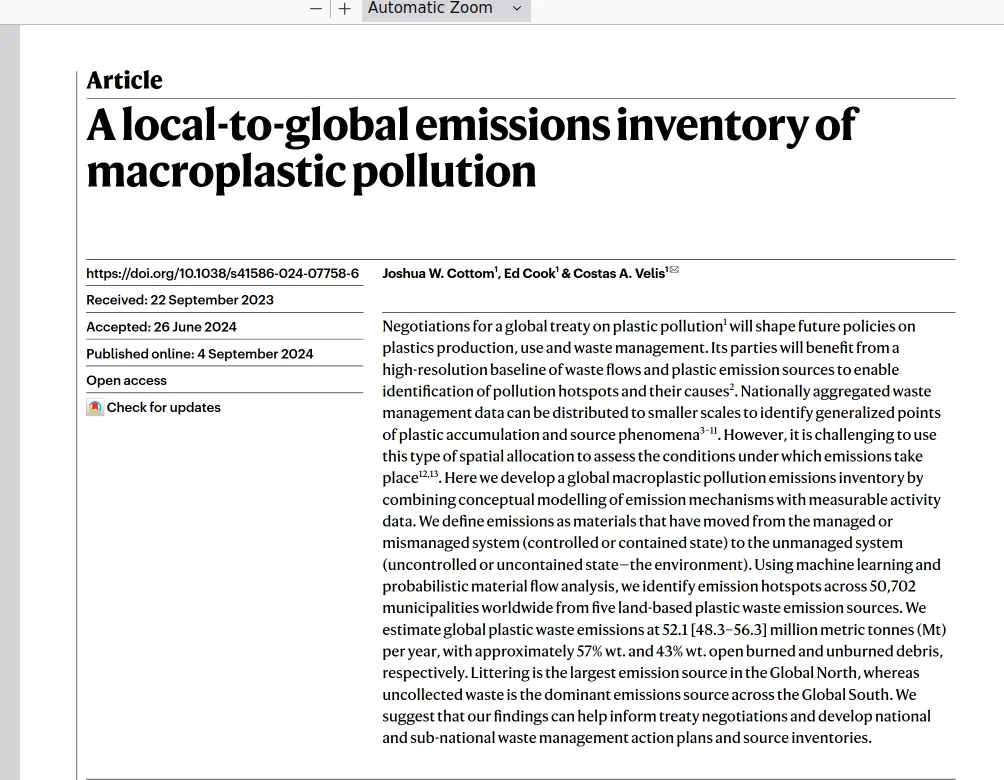As predicted, studies with younger cohorts and separating former and occasional drinkers from abstainers estimated similar mortality risk for low-volume drinkers (RR = 0.98, 95% CI [0.87, 1.11]) as abstainers. Studies not meeting these quality criteria estimated significantly lower risk for low-volume drinkers (RR = 0.84, [0.79, 0.89]). In exploratory analyses, studies controlling for smoking and/or socioeconomic status had significantly reduced mortality risks for low-volume drinkers. However, mean RR estimates for low-volume drinkers in nonsmoking cohorts were above 1.0 (RR = 1.16, [0.91, 1.41]).
Studies with life-time selection biases may create misleading positive health associations. These biases pervade the field of alcohol epidemiology and can confuse communications about health risks. Future research should investigate whether smoking status mediates, moderates, or confounds alcohol-mortality risk relationships.
 .
.
No, that's not what I said. You're right that journals, to some extent, also lends credibility to the publication, but it's not the source of credibility. What I said was that an article published in Nature will have many more views than an article published on a random WordPress blog.
Again, saying that researchers "agree to have it that way" ignores the structural difficulty of changing the system by the individual. The ones who benefit the most from changing the system are also the ones most dependent on external funding - that is, young researchers. Publishing in low-impact journals (ones that has a small outreach such as most open-access journals) makes it much harder to apply for funding